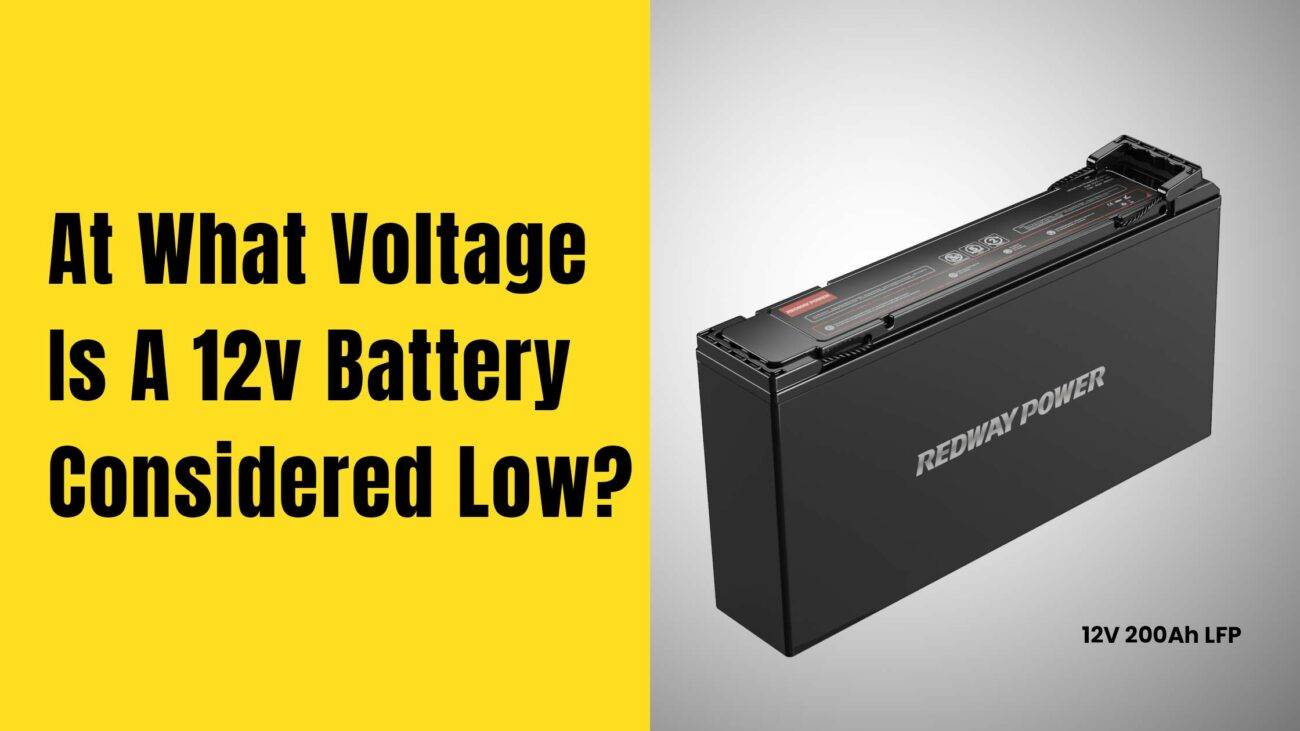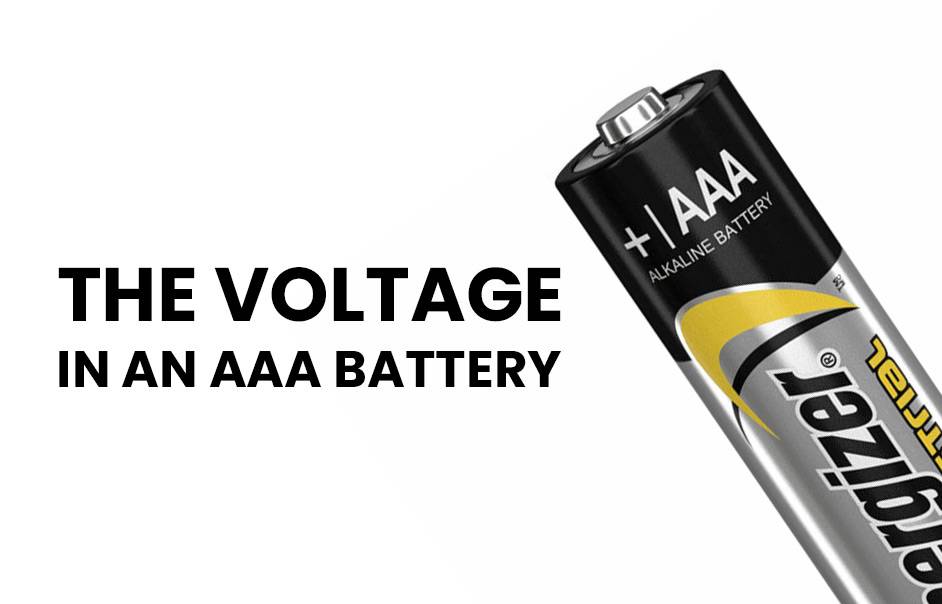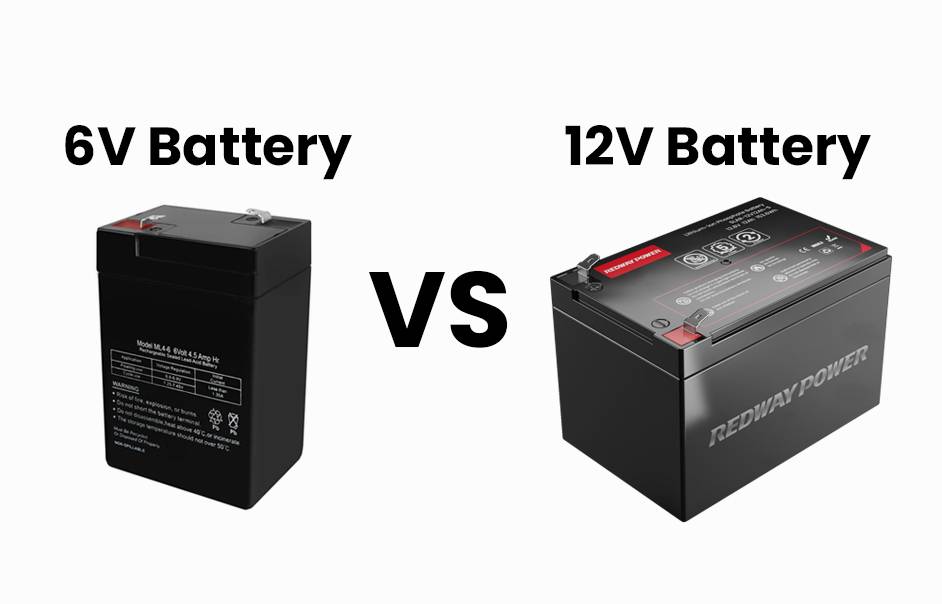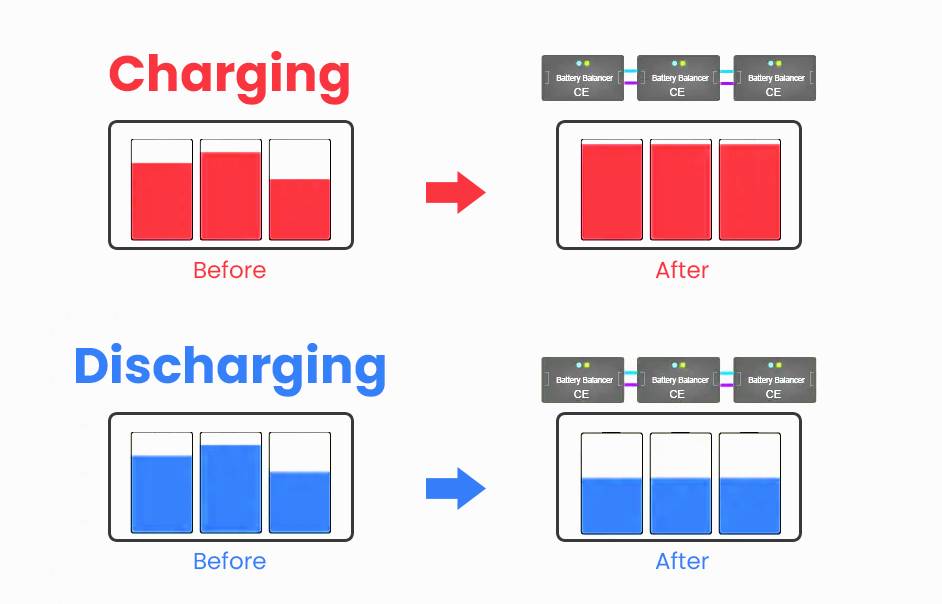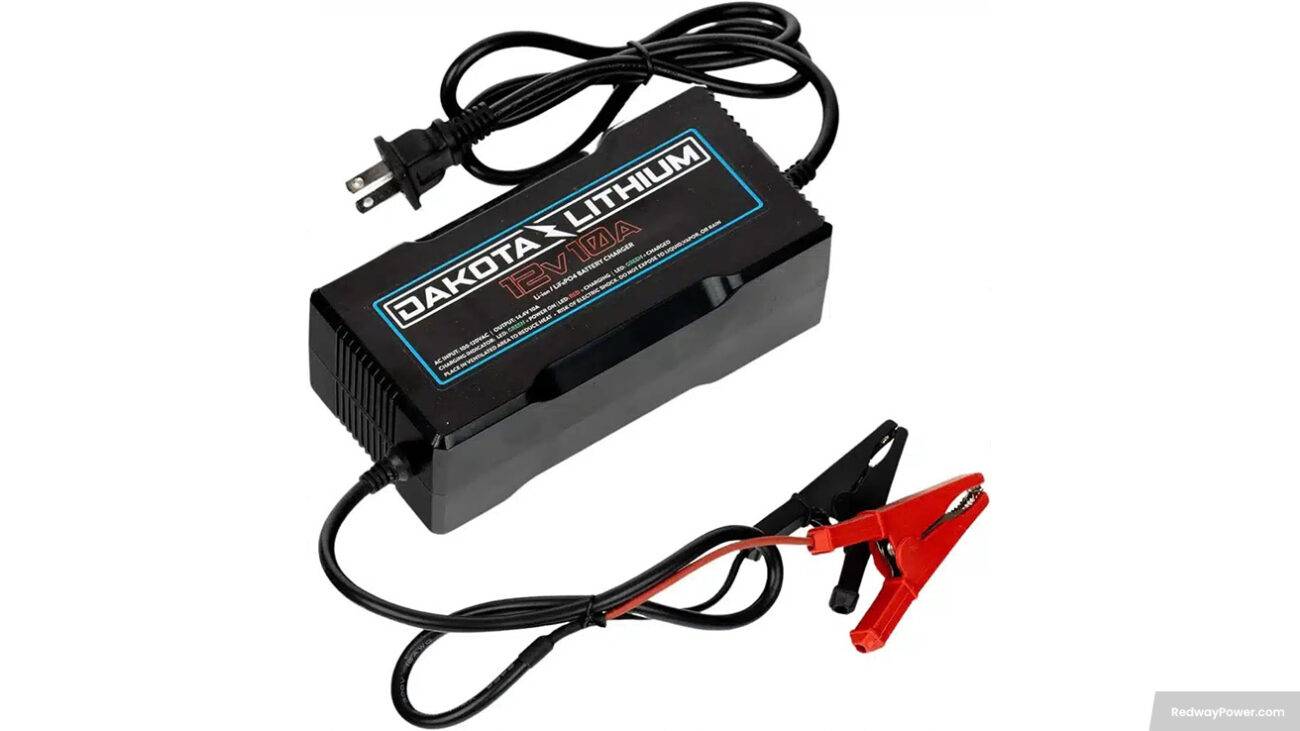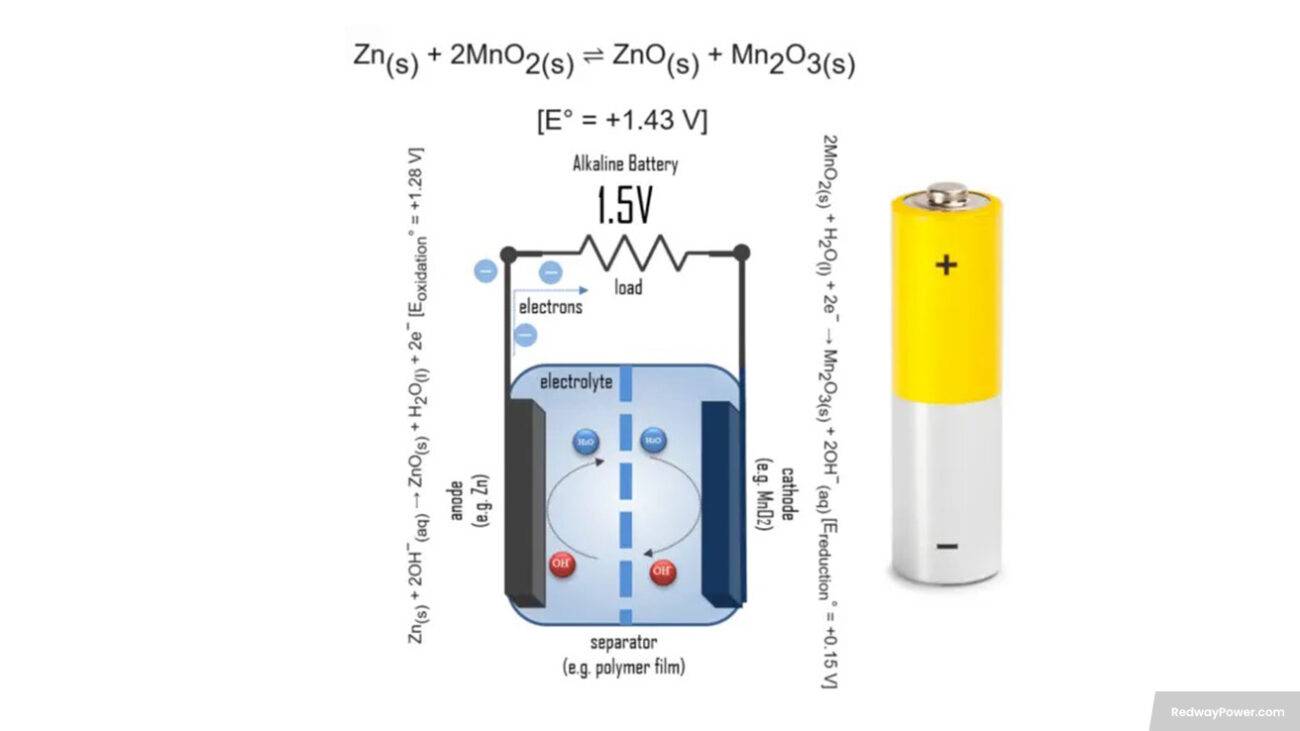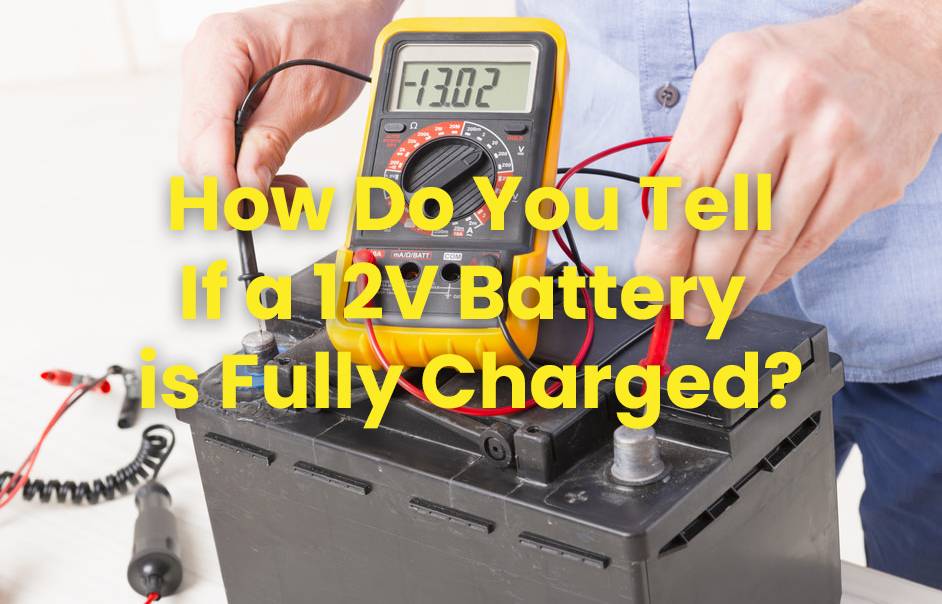Are you tired of your 12V battery giving up on you too soon? Well, one culprit that could be draining its life away is overcharging. Yes, even batteries can suffer from the consequences of being spoiled with too much voltage! But fret not, dear reader, for we are here to shed light on this electrifying topic. In this blog post, we will delve into the world of battery overcharging and discover at what voltage a 12V battery becomes an unwilling victim. So grab your electrical goggles and join us as we unravel the mysteries behind overcharging and how to prevent it from zapping your precious power source!
Understanding Voltage and Amperage in Batteries
Understanding Voltage and Amperage in Batteries
When it comes to batteries, understanding voltage and amperage is crucial. These two terms play a significant role in determining the performance and capacity of a battery.
Voltage refers to the electrical potential difference between two points in a circuit, which determines the force that pushes electrons through a conductor. In simpler terms, it represents the power or strength of an electric current. For example, a 12V battery has 12 volts of electrical potential difference.
Amperage, on the other hand, measures the flow rate of electrons (current) within a circuit. It indicates how many charges pass through a specific point per second. Amperes determine how fast energy is delivered from the battery to power devices connected to it.
To better understand this relationship, think of voltage as water pressure and amperage as water flow rate: higher voltage means stronger “pressure,” while higher amperage means greater “flow.”
In batteries, overcharging occurs when either voltage or amperage exceeds safe levels for an extended period. This can have detrimental effects on your 12V battery’s lifespan and performance.
It’s important to note that different types of batteries have different optimal charging voltages. Therefore, overcharging thresholds may vary depending on factors such as battery chemistry and design.
To test if your 12V battery is being overcharged or not, you can use specialized meters called voltmeters or multimeters capable of measuring both voltage and current accurately. By monitoring these readings regularly during charging cycles, you can detect any signs of overcharging early on.
Preventing overcharging is vital for prolonging your 12V battery’s life span and ensuring its optimal operation. The most effective way to prevent overcharge damage is by using smart chargers specifically designed for your type of battery.
These chargers monitor voltage levels automatically and adjust their output accordingly once fully charged – preventing any additional charge from being applied. Additionally, always follow the manufacturer’s recommendations for charging times and
Effects of Overcharging on 12V Batteries
Effects of Overcharging on 12V Batteries
Overcharging a 12V battery can have detrimental effects on its overall performance and lifespan. When a battery is continuously supplied with more voltage than it requires, the excess energy leads to chemical reactions within the battery that can be harmful in several ways.
One of the primary consequences of overcharging is increased heat generation. The excessive voltage causes an increase in current flow, leading to higher resistance and subsequent heat buildup. This excessive heat can damage internal components and degrade the electrolyte solution inside the battery.
Another effect of overcharging is accelerated corrosion of the electrodes. The excess voltage causes an imbalance in the chemical reactions occurring at each electrode, resulting in uneven wear and tear. Over time, this corrosion diminishes the capacity and efficiency of the battery.
Furthermore, overcharging can lead to water loss within the battery due to increased evaporation caused by elevated temperatures. This loss of water affects both electrolyte concentration and volume, further reducing battery capacity.
Continuous overcharging increases stress on internal components such as plates and separators, leading to physical damage. This damage weakens structural integrity and reduces overall performance.
To avoid these negative effects on your 12V batteries, it’s crucial to monitor charging levels carefully using appropriate equipment or chargers specifically designed for maintaining optimal charge without overloading them unnecessarily.
How to Test for Overcharging
One of the crucial aspects of maintaining a 12V battery is ensuring that it doesn’t get overcharged. Overcharging can lead to various issues, including reduced battery life and even damage to other electrical components in your system. To prevent such problems, it’s important to regularly test for overcharging.
There are a few methods you can use to test for overcharging in a 12V battery. One option is using a voltmeter or multimeter to measure the voltage across the battery terminals. A fully charged 12V battery should read around 12.6-12.8 volts when at rest.
If the reading exceeds this range significantly, it could indicate overcharging. Another way to check for overcharging is by measuring the specific gravity of the electrolyte solution using a hydrometer.
This method requires opening up the caps on top of your battery and extracting some electrolyte fluid, so be cautious and follow safety precautions if attempting this approach.
There are also specialized tools available called “battery testers” that can provide accurate readings on whether your 12V battery is being overcharged or not.
Regularly testing your 12V battery for signs of overcharging will help ensure its longevity and performance while avoiding potential damages caused by excessive voltage levels.
Preventing Overcharging in 12V Batteries
Preventing Overcharging in 12V Batteries
Now that we understand the effects of overcharging on 12V batteries and how to test for it, let’s focus on prevention. After all, prevention is always better than cure!
1. Use a Proper Charger: The first step in preventing overcharging is to use a charger specifically designed for 12V batteries. These chargers are equipped with features like automatic shut-off or float mode, which prevent overcharging by adjusting the charging voltage.
2. Set Charging Voltage Correctly: If you’re using a manual charger, make sure to set the charging voltage correctly according to your battery’s specifications. Refer to the manufacturer’s instructions or consult an expert if needed.
3. Regular Maintenance: Keep an eye on your battery’s electrolyte levels and ensure they are at the recommended levels. Also, check for any signs of corrosion or damage and address them promptly.
4. Avoid Extreme Temperatures: High temperatures accelerate chemical reactions within batteries, including overcharging. Whenever possible, store and charge your 12V battery in a cool environment.
5. Disconnect When Fully Charged: Once your battery reaches its full charge capacity, disconnect it from the charger immediately to avoid any risk of overcharging.
6. Consider Smart Chargers: Investing in a smart charger can be beneficial as these chargers have advanced technology that automatically adjusts the charging process based on real-time conditions, ensuring optimal performance without risking overcharge.
By following these preventive measures, you can significantly reduce the chances of overcharging your 12V battery and extend its lifespan.
Remember that taking care of your battery not only saves you money but also ensures reliable power supply when you need it most.
So go ahead and implement these tips today! Your 12V battery will thank you with long-lasting performance!

